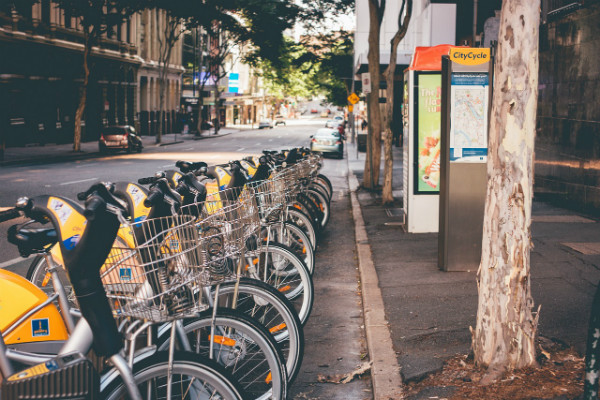You’ve heard the saying “When in Rome, do what the Romans do,” and there’s a lot of truth to that expression. You’ve probably also heard of the “Ugly American.” Defined by Urban Dictionary as being “the tendency of American tourists visiting foreign countries to completely insult the culture of those countries, almost always accidentally … simply innocent mistakes involving actions that are perfectly acceptable in America, but are shunned in foreign countries.”
However, no matter which country you call home, the term has come to be used for anyone who doesn’t do their homework before going to their vacation destination in another country. In the past, the term “sustainable” was associated with being environmentally responsible, or “green.” But it has since become a term used to refer to change in all aspects of business and life so that both can continue.
Sustainable Social Responsibility
Social responsibility, whether corporate or personal, is the deliberate process of embracing responsibility for your actions, encouraging positive impacts on the environment and the community by ensuring natural resources are not completely used or destroyed.
As an example of sustainable tourism, consider the impact on the island of Koh Tachai in Thailand. One of the most beautiful beaches in the world has been closed indefinitely because of high numbers of tourists damaging the ecosystem.
Globally, tourists that travel internationally have increased by over a billion people in the last 65 years. That number is expected to increase by another seven million in just fifteen years. The number of vehicles used exceeded one billion just six years ago, which includes all vehicles — rental or otherwise. In 25 years, that number will double, meaning so will the amount of carbon dioxide created by them.

Sustainable Tourism
So what exactly is “sustainable tourism?” Think of it as a pyramid. At the top of the pyramid is environmental sustainability, which includes both the natural environment and the built environment. Natural would include lakes, oceans, beaches, forests, coral reefs and deserts. Built would be historical buildings, monuments and ruins. To preserve the environment for future generations is to “sustain” it.
In the middle of the pyramid is socio-cultural sustainability. This refers to minimizing negative impacts on the local culture, such as traffic congestion, increased crime, overcrowding and a shortage of resources. That shortage can include gasoline, water or food. In 1969, when hundreds of thousands of people showed up on a farm in Bethel, NY, Max Yasgur, and the New York State Thruway, weren’t prepared for such large numbers.
At the bottom of the pyramid is what’s most important — the foundation for holding it all together: Economic sustainability. In short, the money brought into an area by tourism must remain in the area. It’s the same principal as the “shop local” promotions you might see during the holidays. When money brought in by tourism leaves the area, such as to foreign-owned businesses, in time the local businesses will be unable to survive.
How can you become a sustainable tourist, you might ask? Whether you stay home and become a local tourist, or you travel to another state or country, there are several easy ways to make your trip more sustainable.
Before You Go: Do Your Homework
- Is your hotel or motel locally owned or part of a larger franchise that might send their dollars to a foreign corporation? Are they actively promoting an eco-friendly environment? Do they publicize their recycling practices?
- If traveling to a foreign country, learn as much as possible about the country and its culture. Learn enough of the language to be able to order at a restaurant, or find your way to the bathroom. Rosetta Stone offers excellent immersion language programs, but if they’re out of your budget, consider what Duolingo can offer online.
- In addition to looking at how your hotel is helping the local environment, consider transportation options. Is there a local transit system available, such as a bus or train? Can you rent bicycles for sight seeing rather than renting a car?

While You Are There
- If you recycle at home, recycle when you’re away from home, too. This may be as easy as asking the hotel front desk if there’s a particular place you can leave recyclable cans and bottles.
- Reuse hotel towels, rather than asking them to be washed and replaced daily. Many hotels are now putting signs in bathrooms asking patrons to be “water aware.”
- Buy local, including where you choose to eat. There might be a Starbucks or McDonald’s on every corner, but you might be pleasantly surprised when you sit down at an out-of-the-way restaurant that the locals don’t advertise to the tourists.
When You Return Home
- Share! Share photos, advice and information. Encourage others to practice sustainable tourism.
- Give back. Find other ways that you can contribute to living a sustainable lifestyle at home, at work, and on vacation.

This Women of Green guest blog is by Megan Ray Nichols. Megan writes about many environmental topics including, renewable energy, conservation and sustainability. She invites you to join the discussion on her own blog, Schooled By Science.
Women of Green is TURNING UP THE VOLUME of the feminine voice on the planet in order to create the world we know is possible.
